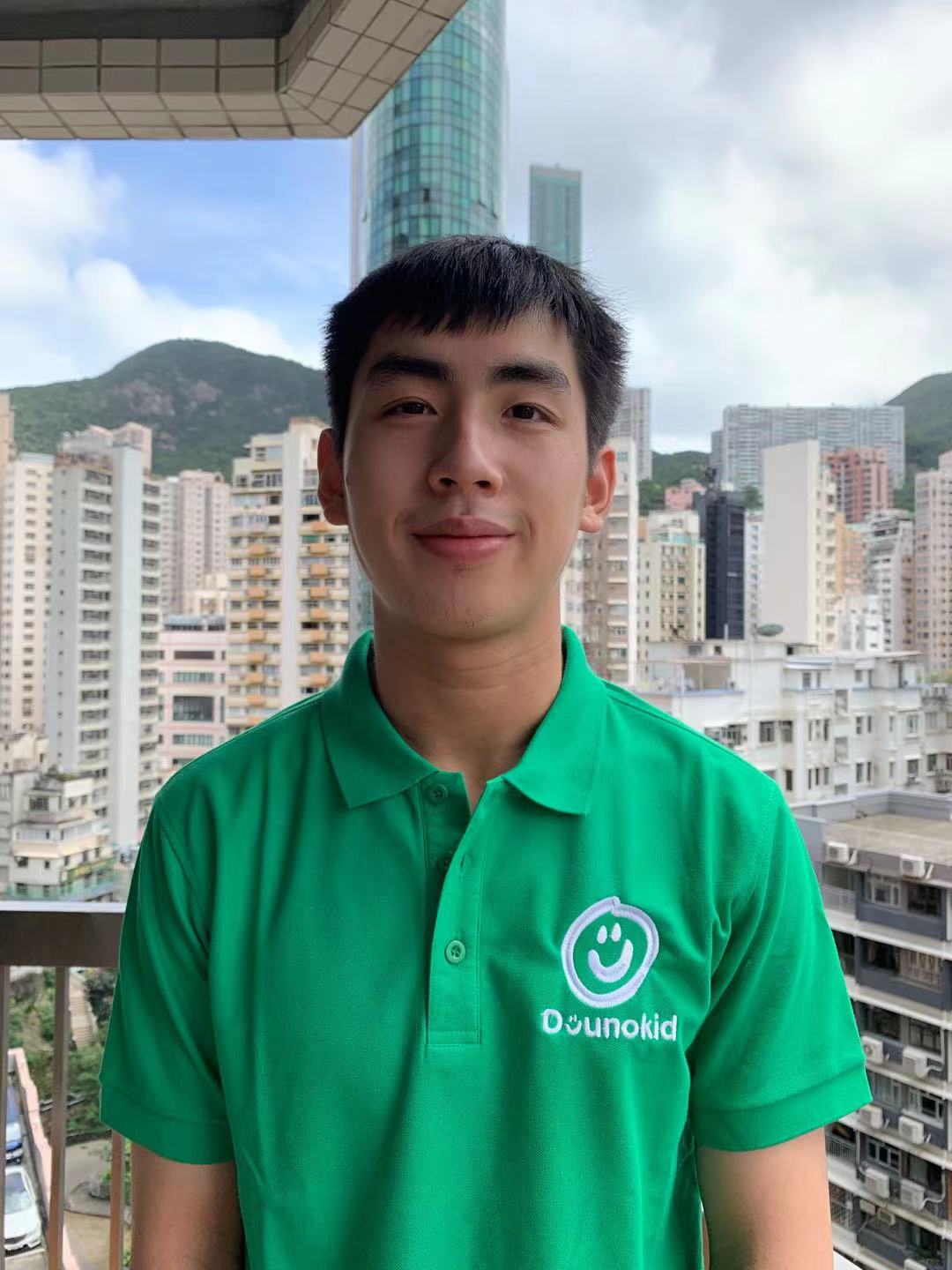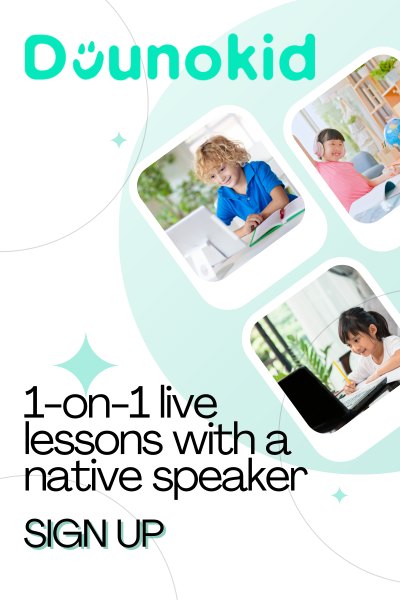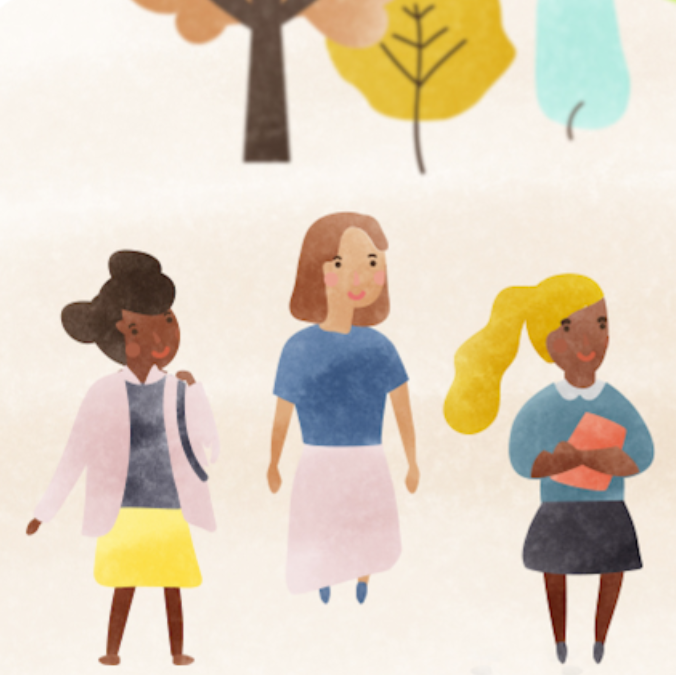1. Please share with us what your education and life were like growing up. Please be sure to include the sports, instruments, talents, and hobbies you honed as you grew up.
I grew up in Hong Kong and was lucky enough to attend an International school early on. Therefore, English became my first language even as I still spoke Cantonese with relatives and learned Mandarin at school. My parents encouraged me to pursue different musical instruments such as the violin and saxophone, and I enjoyed learning about these instruments and playing with my school’s orchestra. After Year 8 in Hong Kong, we decided it was important for me to gain a global perspective, and I transferred to a boarding school in the UK, Eton College. There, I picked up new interests and met some great friends; I started playing rugby and football and also joined our school’s competition swim team. I also gained an interest in sustainability and organized the school’s Environment club, collaborating in fundraising initiatives with organizations like “Fauna and Flora International” and “Parley for the Oceans”. I led my school’s charitable initiatives and worked with other students on their projects. Finally, I began to gain an appreciation for the role of education, and worked on what we called the “Aspirations” Project, a student-led mentoring curriculum which we taught with one of our partner schools. Education, the sustainability and social impact are some areas I’m interested, and I hope to explore them in my remaining years at university!
2. What aspect of your family and parent’s approach to education do you believe had the great influence on you?
I think that my parents managed to strike a good balance between setting a good foundation for education, and also allowing me to explore my areas of interest. They definitely emphasized having a strong foundation in reading, writing and critical thinking, which I still use to this day. This was especially useful in boarding school, when I was expected to start choosing my own subjects and also do well in old subjects like English , Math and the Sciences. Even when exploring unconventional topics in university like molecular engineering or film analysis, I still think it’s important to start learning from the bottom-up before branching out to your own areas.
3. What is most important to you about living, working and studying abroad if you have any or tell us how it has been like to study in the US?
Living abroad is important because it gives you a better understanding of what daily life looks like for people outside your country. This hopefully can teach you something about how and why others think the way they do. Furthermore, living abroad also helps you appreciate parts of the place where you grew up, be it the food, culture or family.
4. Please share with us how language skills have impacted your life and shaped your perspective? When globalization is being challenged with Covid-19, why do you think studying a new language is still important?
Studying English was definitely an important part of my life, especially when I started studying abroad in the UK. I always did well in English classes back home, but native students definitely had more experience from the beginning. I managed to improve by challenging myself to take Western Philosophy and English literature classes, which encouraged me to learn from my peers and improve my English communication skills. Pre-U (a high school qualification in the UK) English Lit was especially difficult, but I luckily learned a lot about critical analysis and concise communication.
While globalization is being challenged by COVID-19, it is still getting easier every day to communicate with someone in another country or continent. Language skills will become increasingly important as a soft skill, especially when meeting, debating and even negotiating with someone from a different country. Languages are also something which gets quite a lot harder to learn as you get older, so studying a language early is important for all students and learners.
Finally, a language is important simply because it is fun! I started learning Russian at university and it has helped me think outside of the dichotomy between “Eastern” and “Western” culture, to also appreciate new perspectives and traditions such as those in Slavic countries. I now have a favourite dish (pelmeni / пельмени) and favourite word (nadezhda / надеждa) from Russia!
5. What has attracted you and/or inspired you to work in the education industry? How did you decide Duunokid was the right place for your internship?
I was inspired to work in the education industry, because it takes creativity and also empathy to succeed. If you want to teach someone a new skill, be it in the languages, sciences or humanities, you have to be willing to try a variety of educational techniques to help someone reach their full potential. You also need to understand the motivation of young learners and what might interest them to learn the subject. One reason why I wanted to work at Duunokid is because its philosophy of short, interactive and fun lessons is a new and different way of achieving educational outcomes.
Another reason why I wanted to work in the education industry is that there is so much technological change going on already. Ed-tech is taking off in China and Southeast Asia, so I wanted to be a part of this change and also learn from many innovators at Duunokid. I hope to contribute my own set of skills while also learning about the business, technology and pedagogical skills needed to succeed in the Ed-tech industry.
6. What do you expect to do after the internship at Duunokid? What does the future hold for you after Duuno, after university, and beyond?
After Duunokid, I will probably keep exploring new topics at university in the new school year; as I’m majoring in Economics and minoring in Computer Science, there is a lot of knowledge I still hope to learn. I’m excited to see my friends after a long year apart. Furthermore, I would like to work in an interdisciplinary field after university, hopefully an intersection between business, policy and social impact. I don’t really know what field that will be yet, but I hope to continue to gain important skills in class and extracurricular activities from now till graduation!
7. Any recommendations you have for Chinese parents who are interested in raising multilingual children and want to one day send their kids to the best universities of the world?
Firstly, my advice for Chinese parents in general would be to encourage your children’s interests, no matter how unconventional. Many talented people I know have very quirky interests, from collecting and selling antique coins, to an interest in 18th century German philosophy. A lot of these interests make your children’s lives a lot more interesting and hopefully give them an outlet for creativity which they don’t normally get in a school setting.
More specifically, my advice for Chinese parents who want to raise successful and multilingual children would be to tie a new language to an internal goal for your child. Personally, the reason why I started to improve my English was to be able to read the Harry Potter books, and in order to do that, I would spend hours and hours looking through the English dictionary for new words I didn’t know. All kids have different motivations, so it is important to help your child find their source of motivation.
Finally, even if your child is trying to learn a language or is studying in a non-Chinese setting, encourage them to continue improving their Chinese, maybe by encouraging them to subscribe to an online Mandarin subscription or sending them messages in Chinese. One regret I have is not substantially improving my Mandarin while studying abroad, especially given how important it is as a skill. Being well-rounded is definitely important when thinking about language skills!







